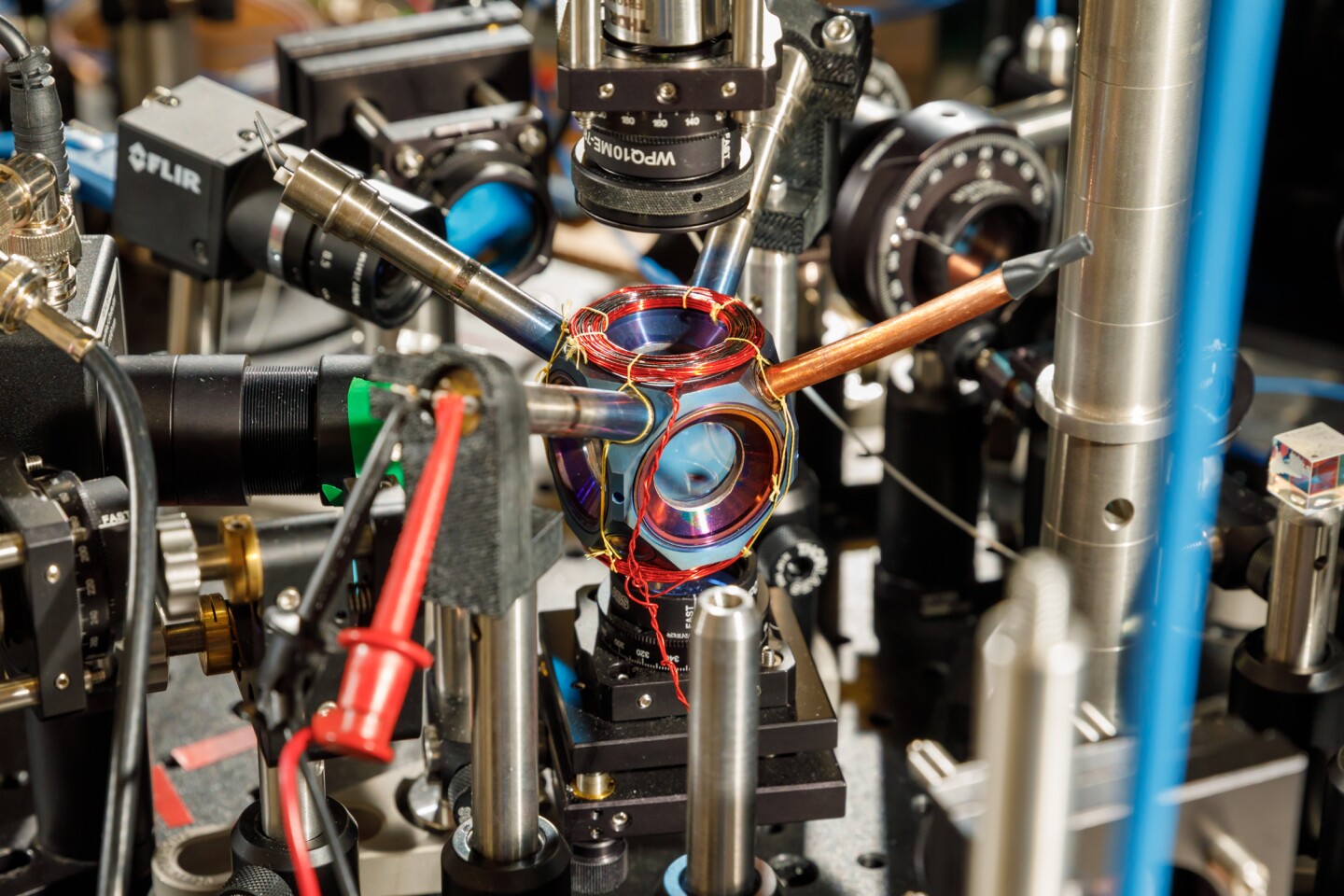Sandia National Laboratories is making an avocado-sized vacuum chamber made from titanium and sapphire. This piece will have the potential to make use of quantum mechanical sensors to provide GPS-grade navigation without using satellites.
GPS depends heavily on satellites and is also not available everywhere. These satellites are synced with atomic clocks. If there is a glitch in the satellite systems, the GPS is severely affected.
There is a substitute for satellite GPS that is called inertial guidance. The system uses gyroscopes and accelerometers to gauge where the navigation device is as compared to a fixed known position.

However, there exists a problem in this system as well. It has to be very precise, and it depends on heavy and expensive vacuum systems. If there is an issue with that, the reading will be inaccurate.
The mechanism uses bespoke, robust quantum sensors and sets them in a chamber with a volume of only a cubic centimeter (0.06 cubic inches). This material prevents gases from escaping.
The mechanism uses an old electronics technology called getters. When a valve was made, the vacuum inside wasn’t hard enough, so a current was passed through the plug. This started a chemical reaction that absorbed any stray air molecules.

The getters are made to be the size of a pencil eraser and are set in two narrow tubes that stick out of the chamber. It is not determined that till when the vacuum will be kept hard, so the team will be carrying out a trial for five years.
The research was published in AVS Quantum Science.


